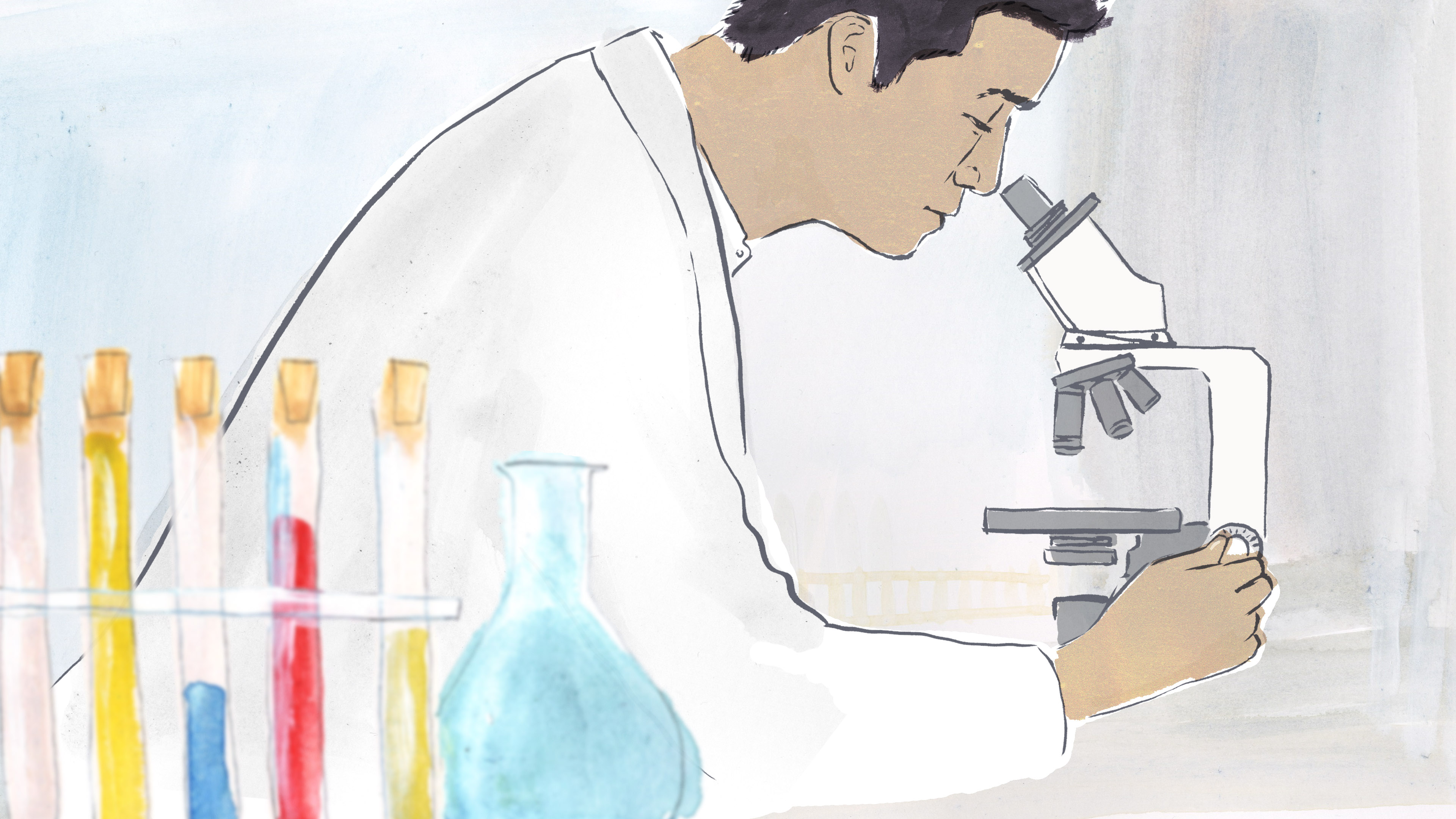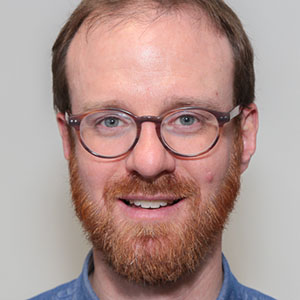
Issue 7: What is the university for?
Editor's note
What is a university for? I heard Christian students, academics, and staff workers from around Latin America explore this question at an IFES consultation in Panama on big issues in the university. They asked:
- Should universities aim to provide a public service, or should they aim to be a factory producing professionals?
- Can universities dedicate themselves to discovering knowledge in a local context, or will they simply transmit knowledge from the Global North?
- How can university members act ethically and be formed as moral beings?
- When students struggle, how can university communities support them?
- And how can worshippers of the God who creates and restores the world contribute to university life?
The Latin Americans I heard from recognised the challenges that faced them in seeking to make universities places promoting social good, sharing knowledge, and building up students intellectually and morally. Still, they had hope that universities remain places to praise God through learning and supporting fellow learners.
These questions about the purpose of a university are reflected in the articles in this issue of IFES Word & World. Esther Phua, a recent philosophy graduatefrom Singapore, offers snapshots from life as a university student. She tells about times to ask questions, to discover, to make friends, to grow up, to relate to family, and to grow in faith. She also tells about times to deal with shame, suicide, and difficult family relationships. Recognising the fears that students face, she says that universities are places to try out ideas about changing the world, places to dream, thanks to the Word that became flesh.
Brian A. Williams, theologian and dean of an honours college in the United States, looks to the tradition of Christian humanism to frame what universities are for, a tradition that has taught him to value every art and science as a gift from God made available to students to develop their full humanity. He writes that this kind of education starts with wonder and amazement. It goes on to learn, not using of knowledge for selfish aims but learning as a grateful and humble response to the gift of knowledge. Such learning equips university members to love their near and distant neighbours. Knowing ultimately leads us to praise God, Williams writes.
Santa J. Ono, president of a university in Canada and a medical scientist, thinks that the best universities are places where people from different backgrounds come together for open dialogue about questions, exploring mysteries, developing new ideas, and shaping people who can create a better world. He relates his story of coming to Christian faith as a student, a faith that he says disposes him to serve people of any or no faith as a leader of an educational institution.
Jeremiah Amai Veino Duomai, a philosopher from India, responds to the shrinking space allowed in Indian universities for evaluating and criticising government policies. He argues that free thought in universities is not only important for the health of a democracy. It is also an important way to speak out against what the Scriptures call “the powers that be,” fighting a temptation to worship political leaders or deify nations.
Ross H. McKenzie, a physicist from Australia, says that in a time of crisis about the purpose of universities, Christian theology has a contribution to make. The approach of turning universities into businesses and letting them be guided by free market forces predominates today, he says. And while some Christians hold to a vision for educational institutions as sectarian, he advances a Christian theological vision for the modern secular and multicultural university. McKenzie believes that the categories of creation, fall, redemption, and renewal can both explain and shape what counts as good activity in the university.
As you reflect on the struggles and fears of members of universities today, may you be equipped to contribute to university life with love and hope.
Robert W Heimburger, Editor
robert.heimburger@ifesworld.org
